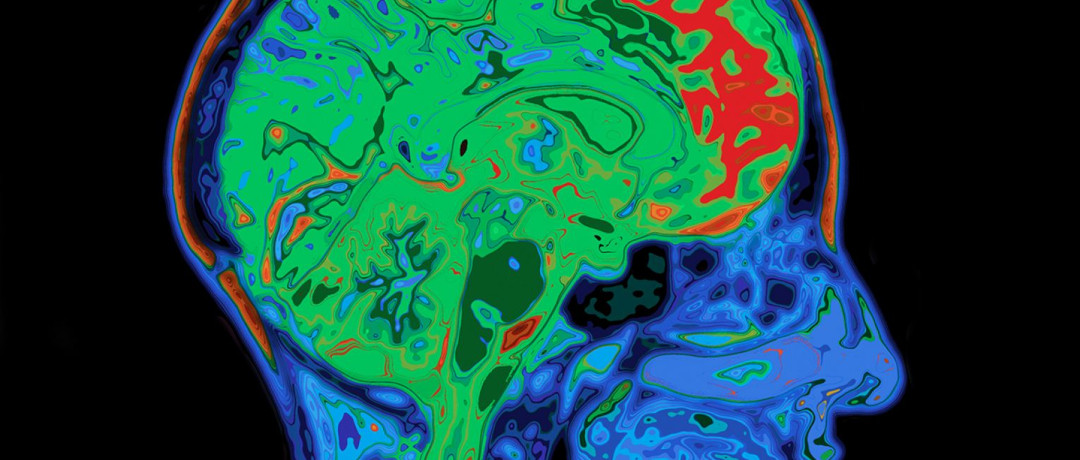The idea of eating dark chocolate for its health benefits is not new. According to a certified wholistic health coach, cocoa contains polyphenols that can help reduce blood pressure, fight off inflammation, and improve moods. Thus, some doctors recommend a daily dose of dark chocolate for improved health.
Those who regularly consume small amounts of dark chocolate, around one ounce, are shown to have a 21% reduced chance of getting Type 2 diabetes, according to a recent study.
Medical and sports news reports say 192,000 people participated in a long-term health study. The researchers asked participants to complete dietary questionnaires about the amount and types of chocolate consumed. The British Medical Journal reported the results.
Daily Dose of Dark Chocolate
No protective effect against diabetes was shown in those who consumed milk chocolate, which is higher in sugar and lower in cocoa. Additionally, those who consumed milk chocolate were more likely to gain weight, which is associated with an increased risk of diabetes. However, there was no correlation between consuming dark chocolate and gaining weight.

Cocoa’s heart-healthy components have a lengthy history of research supporting this claim. According to a study published in the Heart Journal, people who enjoy chocolate may be less likely to suffer from stroke and cardiovascular disease.
Flavanols, bioactive plant components present in cocoa beans, have focused the attention of scientists because they can stimulate the body’s nitric oxide synthesis. Because this gas can widen blood vessels, eating dark chocolate has been associated with a slight drop in blood pressure, according to medical and sports blogs.
Additionally, studies in healthy individuals dating back 20 years have demonstrated that dark chocolate can improve insulin sensitivity. Insulin sensitivity measures the degree to which a person’s cells react positively to the hormone insulin, which controls blood sugar levels.
Higher Levels of Cocoa
Dark chocolate’s cocoa content is usually higher than that of milk chocolate. Researchers are particularly interested in the cocoa flavanols epicatechins due to their antioxidant effects.
Tessem’s lab researches the beta cells responsible for making insulin in human bodies. According to Tessem, the beta cells are the first to go wrong when a person develops insulin resistance and diabetes. Tessem and colleagues exposed beta cells to cocoa epicatechins on Petri dishes for laboratory research purposes.
According to Tessem, it will soon be known whether epicatechins have a similar effect on human beta cells; nonetheless, these findings provide more evidence that these cocoa components may have favorable effects. A limitation of this study is that dark chocolate eaters could also engage in other healthful behaviors. The research aims to isolate chocolate’s effects using statistical methods to control for lifestyle factors. However, the lower risk of diabetes observed in the research could be attributed to the healthier diets of dark chocolate lovers.
One other thing: watch your portion control! Jeffery Tessem and Qi Sun both stress the need for moderation in dark chocolate. An ounce per day seems to be the sweet spot where consumers could enjoy dark chocolate’s health advantages without going overboard.




